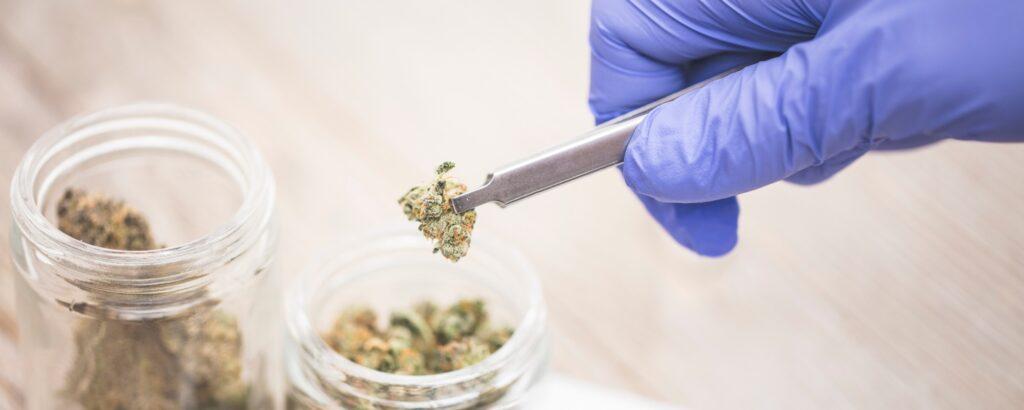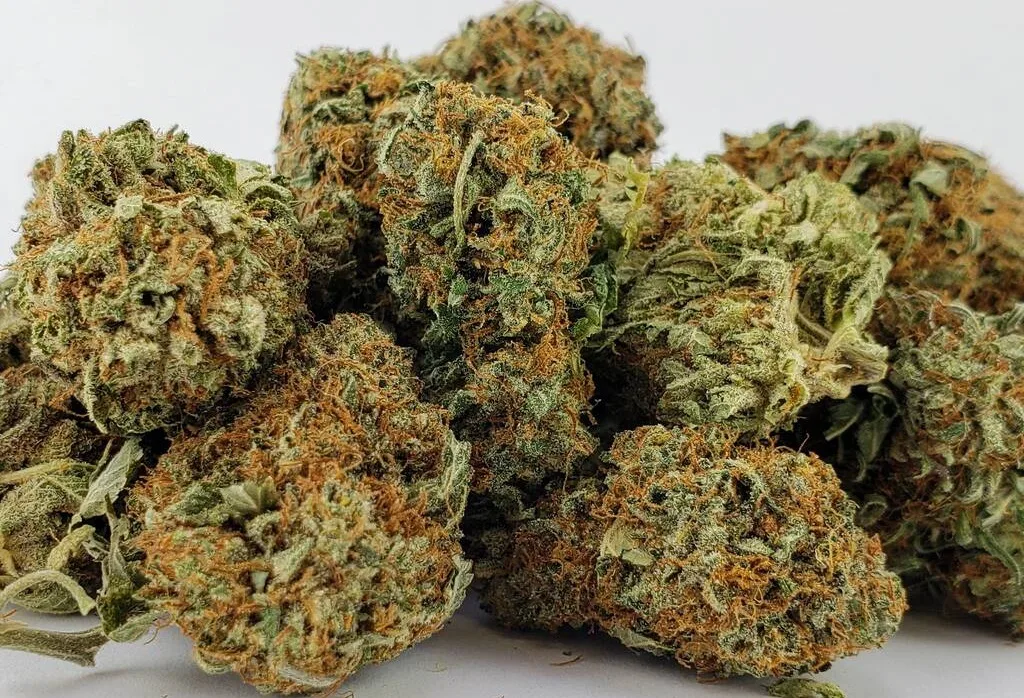In May, Massachusetts recorded a total of $154 million in legal cannabis sales, a slight increase from the $150 million reported in April.
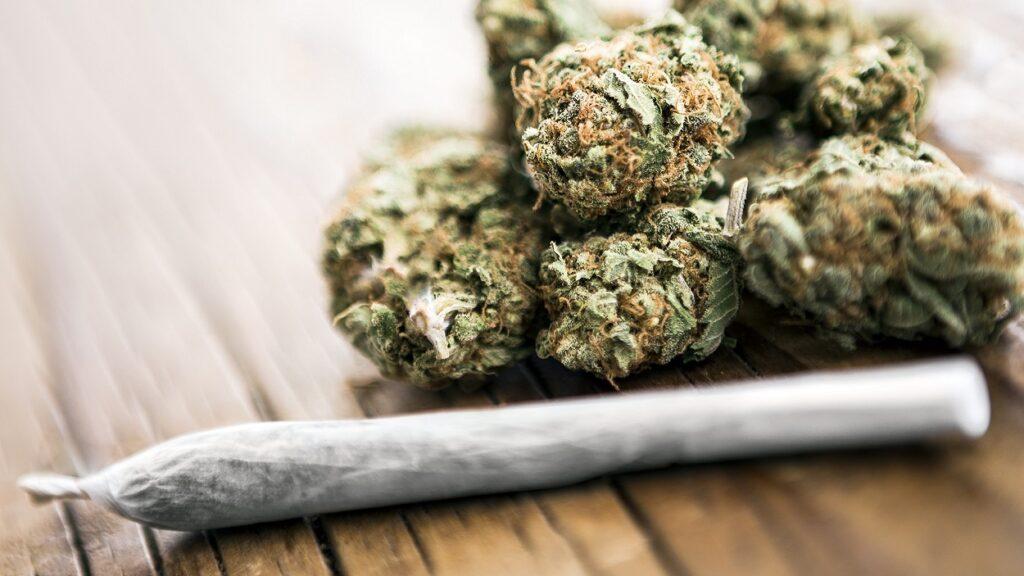
This figure comprises $137 million from recreational marijuana sales and $17 million from medical marijuana sales. This brings the year-to-date total to $671 million in sales. The cumulative sales figure has now reached an impressive $6.214 billion, according to data from the Massachusetts Cannabis Control Commission (CCC).
Of the total sales in May, $17 million was attributed to medical cannabis patients, while the remaining $137 million was for recreational use. These sales resulted in the state garnering around $23 million in tax revenue.
Continue reading


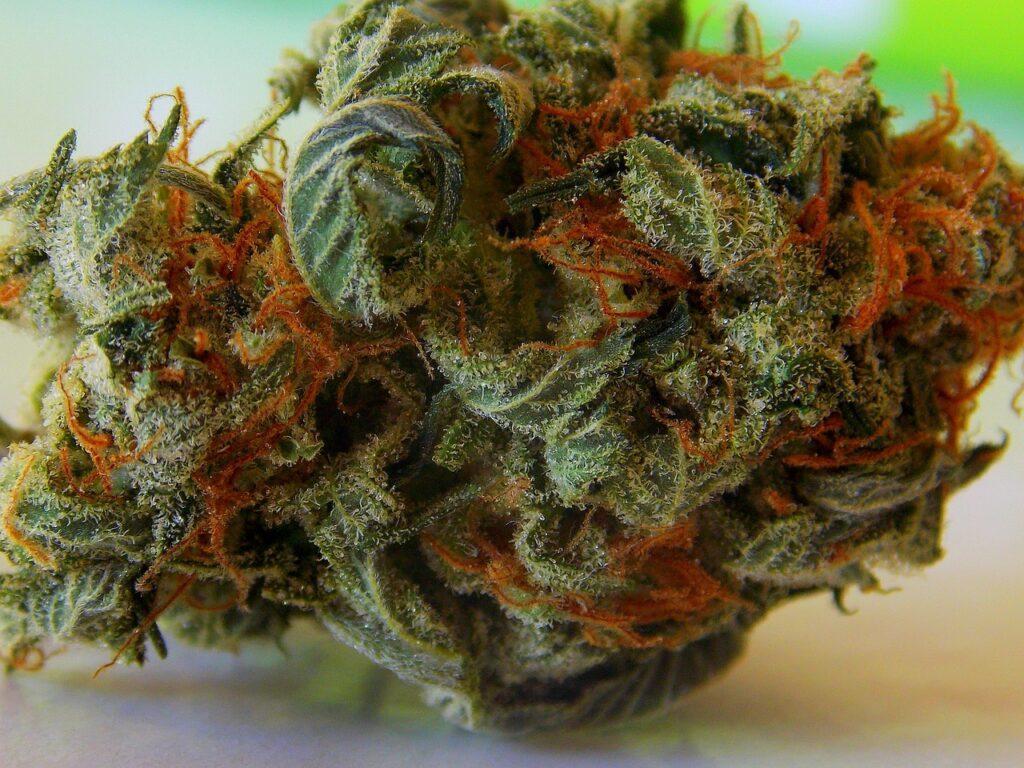



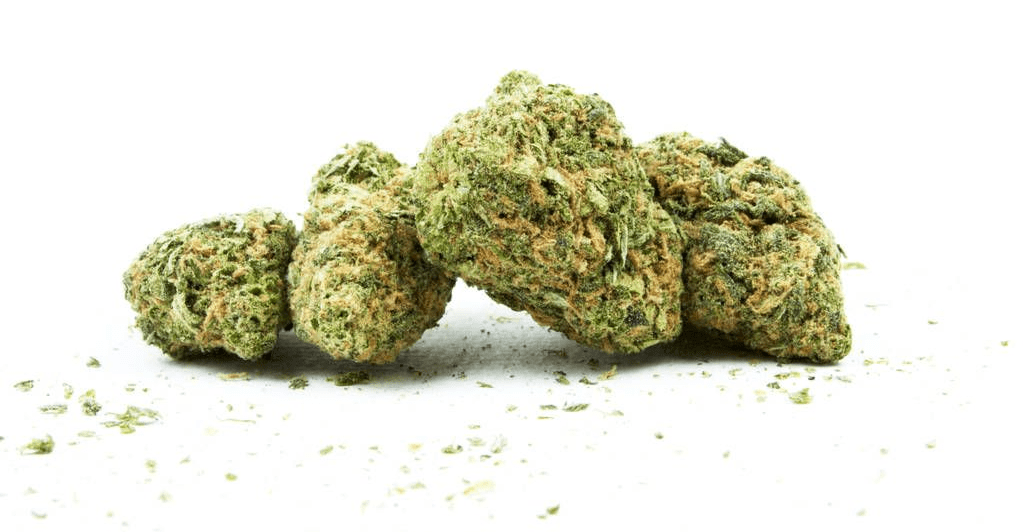 There are 24 states that have legalized recreational marijuana, with all but one allowing licensed marijuana retail outlets. Average prices vary greatly from state to state, ranging from a little under $4 per gram to around $15 per gram.
There are 24 states that have legalized recreational marijuana, with all but one allowing licensed marijuana retail outlets. Average prices vary greatly from state to state, ranging from a little under $4 per gram to around $15 per gram.